May 8, 2020
11 common scientific theories that turned out to be fake
The familiar world around us was created with the participation of the scientific community. Any scientific truth was first a theory. Some of them turned out to be true and led their creators to great inventions. So the English naturalist William Gilbert in 1601 described in his work a phenomenon that he called electricity. His theory gave rise to the study of this phenomenon, thanks to which today every home has an electric lamp.
But scientists also sometimes made mistakes.
There are widespread scientific theories that have actually turned out to be fake. Here are some of them:
1. Sheep tree
The ancient Greeks, up to 1600, sincerely believed that sheep could be raised on trees. This theory was born out of ordinary fairy tales told by travelers from India. According to them, in India there was a tree that grows wool.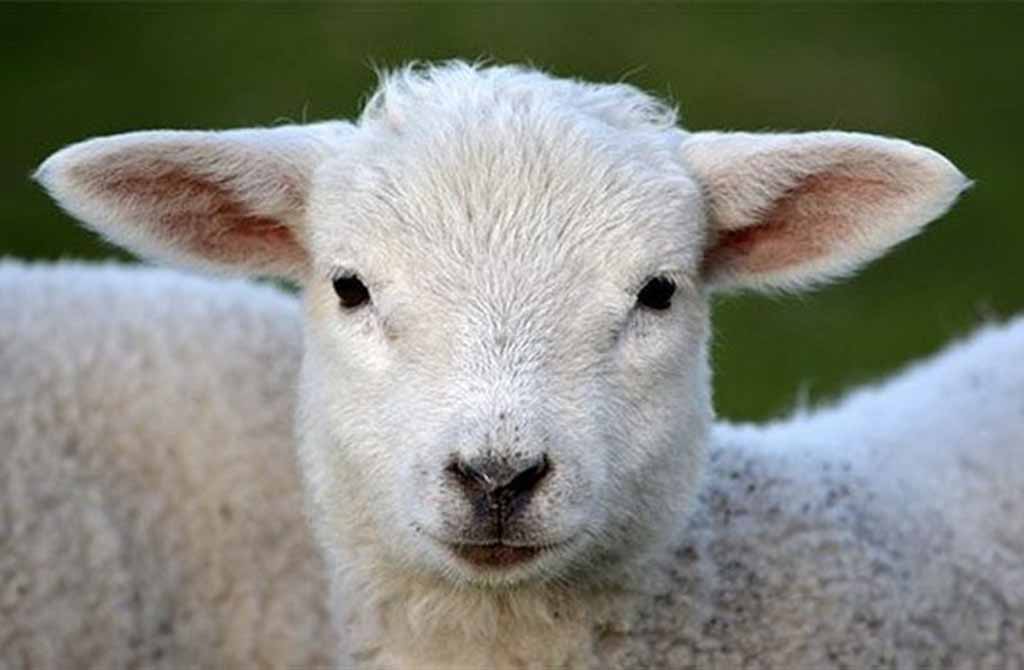 2. Geocentric system of the universe
2. Geocentric system of the universe
The theory that the Earth is the center of the universe. In this century, even primary school children know that this is a myth. But the ancient Greeks believed that the Sun revolves around the Earth, like all the other planets, and only in the 17th century, scientists disproved the geocentric system of the world.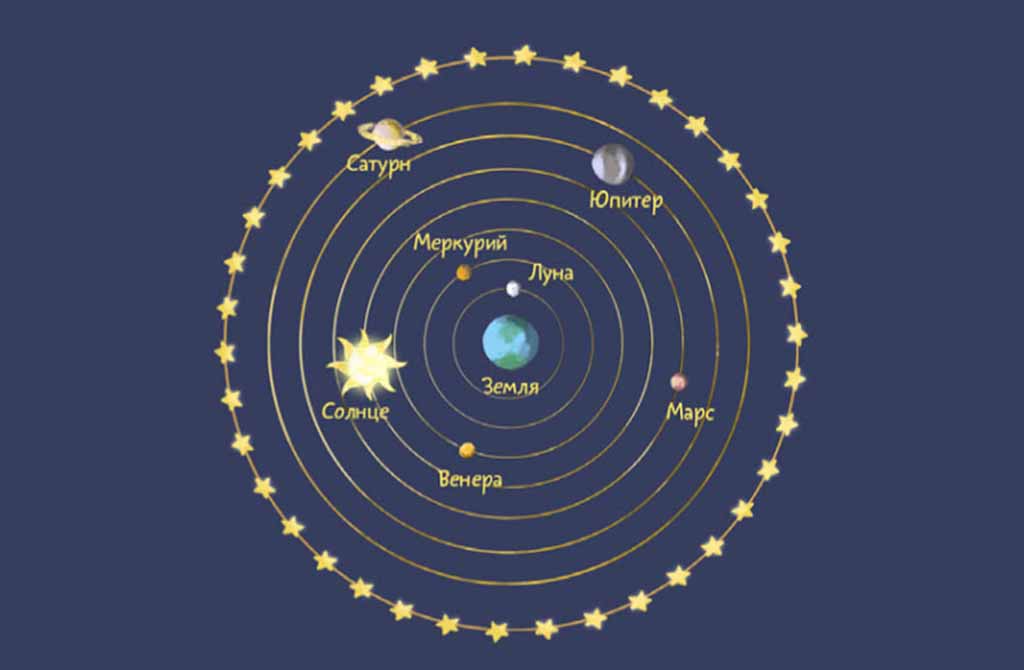 3. The smartest — monkeys
3. The smartest — monkeys
This fact was unshakeable until recent research showed that primates are not the smartest animals on earth. It turns out that some species of birds are much smarter than monkeys.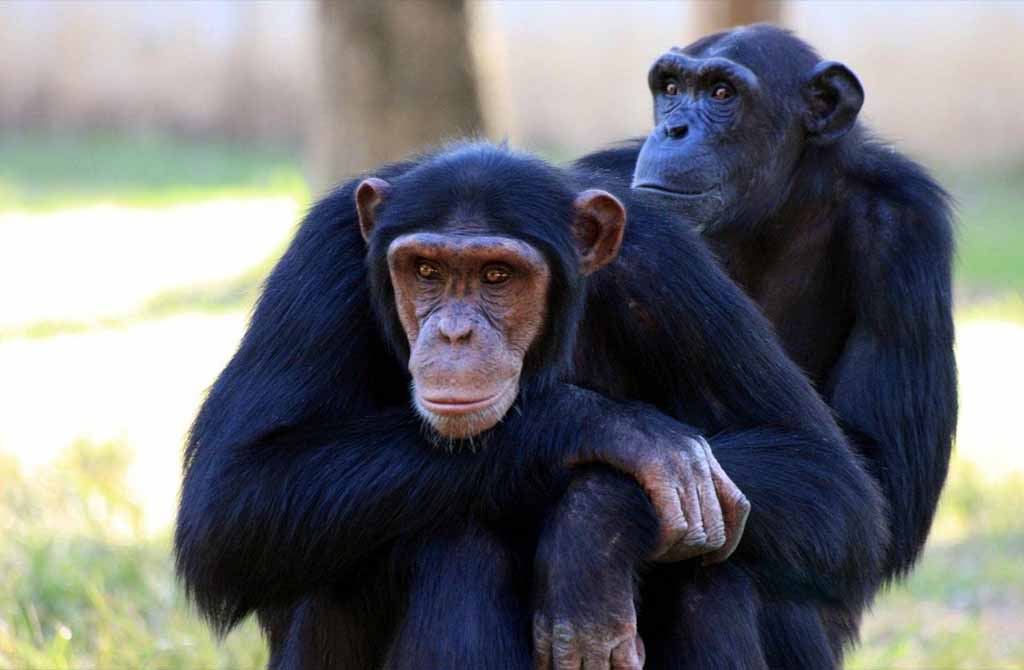 4. Telegony
4. Telegony
The theory that a woman "preserves" the inherited characteristics of all men with whom she had a sexual relationship and passes them on to offspring. In other words, a child is born with all the traits of its mother's partners mixed in its genes. This theory was at the peak of popularity in the 40s of the 20th century. Today, it is officially recognized as pseudoscientific. 5. Neanderthals and Homo sapiens
5. Neanderthals and Homo sapiens
According to Darwin's theory, humanity has evolved from the Australopithecines to the CRO-magnons. But recent research suggests that Neanderthals and Homo sapiens inhabited the Earth at the same time and may have interbred with each other. In 2010, scientists isolated the Neanderthal gene, which was found in 4% of the African population. It follows that we may all have descended from different types of ancient people.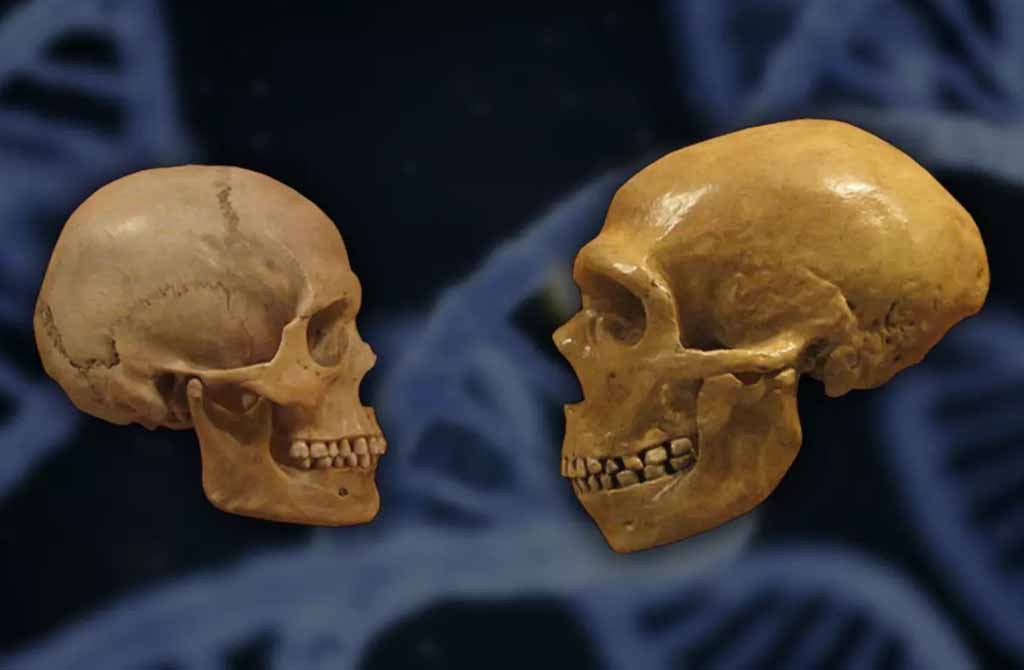 6. Scientific "racism"
6. Scientific "racism"
These are the ideas that racial characteristics have a decisive influence on the development of a particular people, its culture and life. The theory was popular until world war II. Later, the community recognized this theory as pseudoscientific. Scientists recognize that race is only a biological characteristic of a person, which does not affect his level of intelligence, cultural education and upbringing. 7. Ulcer due to stress
7. Ulcer due to stress
Who came up with this idea is not known for sure. In fact, the ulcer disease is caused by bacteria, not stress. Scientists who proved this fact in 2005 won the Nobel prize.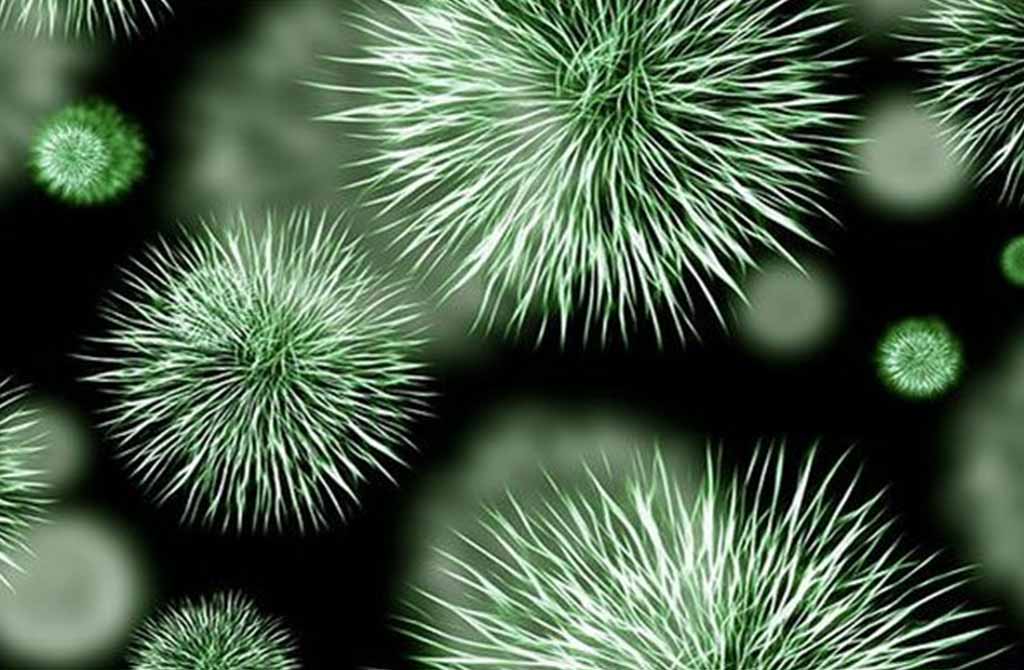 8. Four gumora
8. Four gumora
Ancient scientists believed that there are 4 types of liquid in the human body (gumora): mucus, black and yellow bile and blood. If their balance is disturbed, the person becomes ill. This is why many years ago, bloodletting was the most common method of treatment. This fake theory was disproved when scientists learned about the existence of microbes.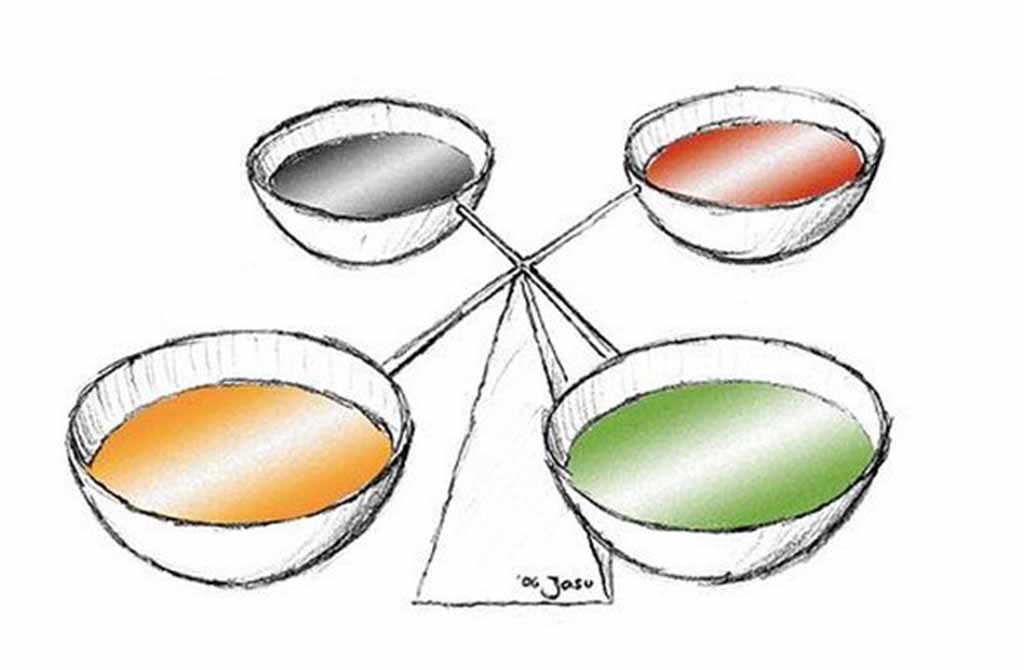 9. The hollow Earth Hypothesis
9. The hollow Earth Hypothesis
Until the 1800s, many believed that there were one or more cavities inside the Earth — water, atmosphere, and airless space. Modern scientific data of geodesy and Geophysics recognize this theory as pseudoscientific.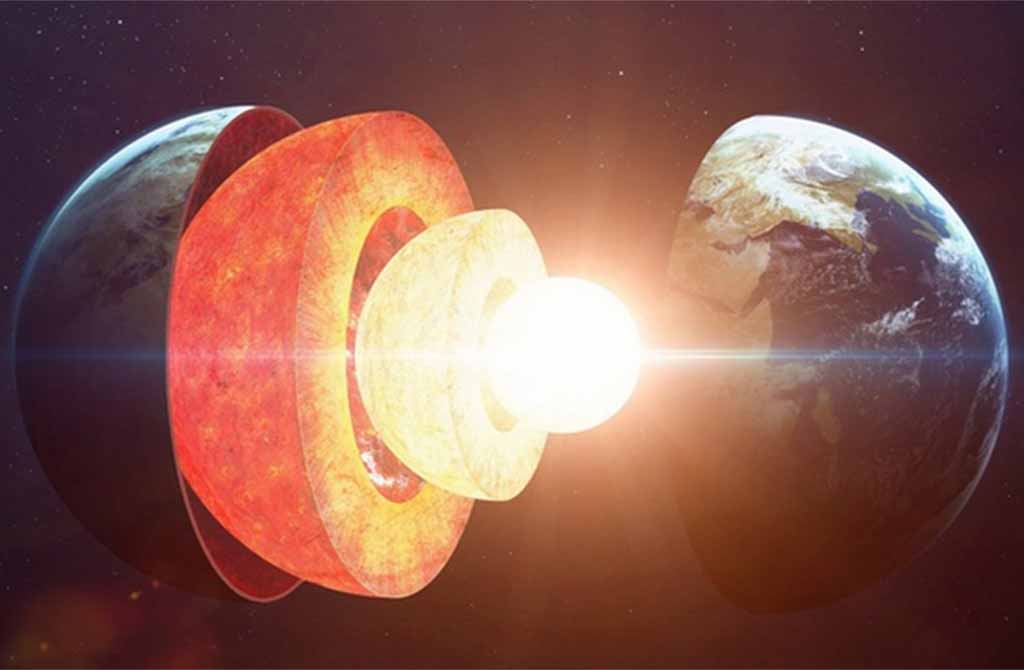 10. Constancy of time
10. Constancy of time
Albert Einstein stated that the only constant is light. Before him, scientists were sure that time is a constant. Scientists of the 21st century know that time is not constant. Its speed depends on the distance from the source of gravity. It is proved that the clock at sea level goes faster than at the top of a mountain. 11. Newton's "Gold"
11. Newton's "Gold"
Isaac Newton was without doubt the foremost scientist of his time. But he believed that any metal could be turned into gold by alchemy. Today, everyone knows that alchemy did not cope with this task, but gave the basis for the creation of a modern science of chemistry.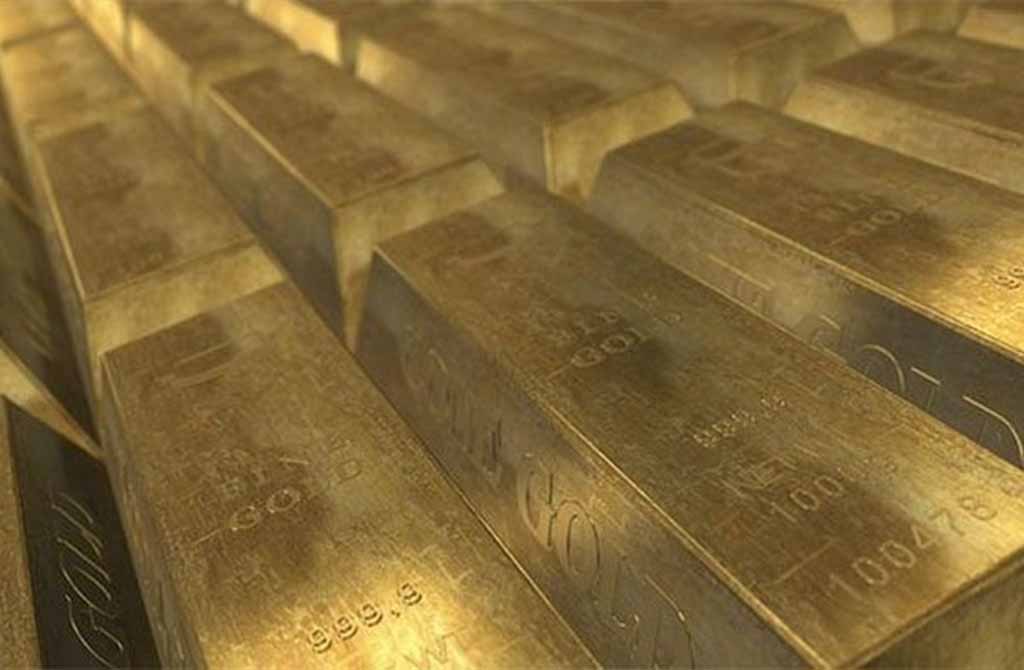
Read more
July 31, 2024
April 12, 2024
April 5, 2024